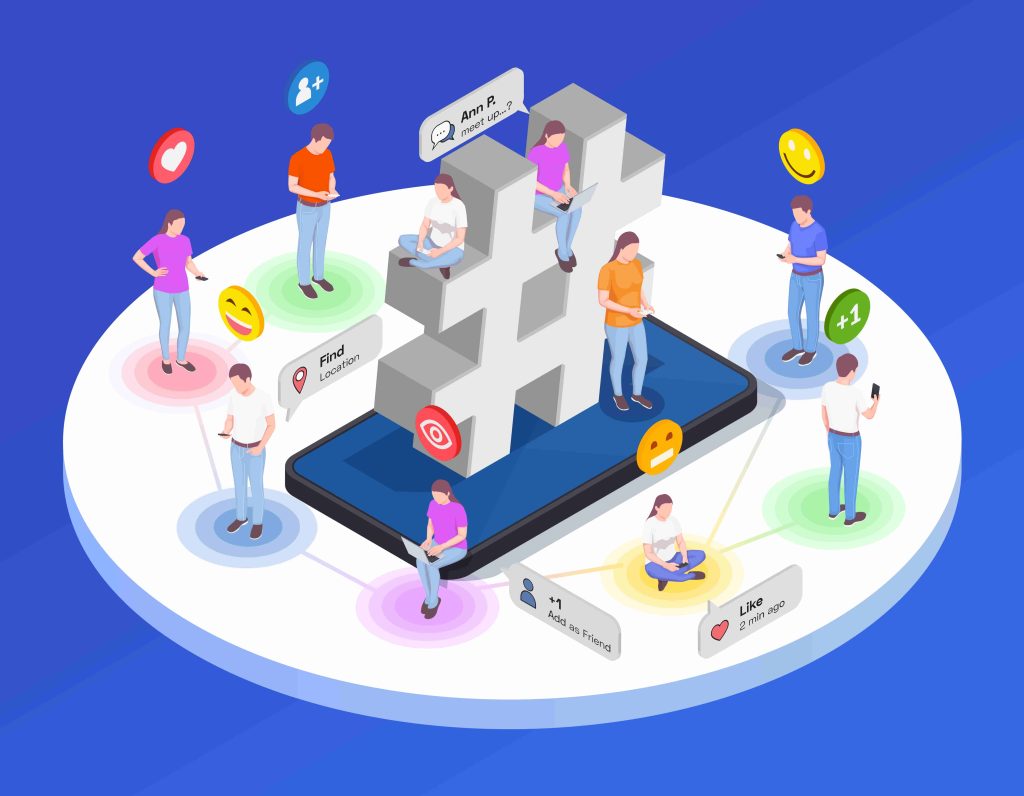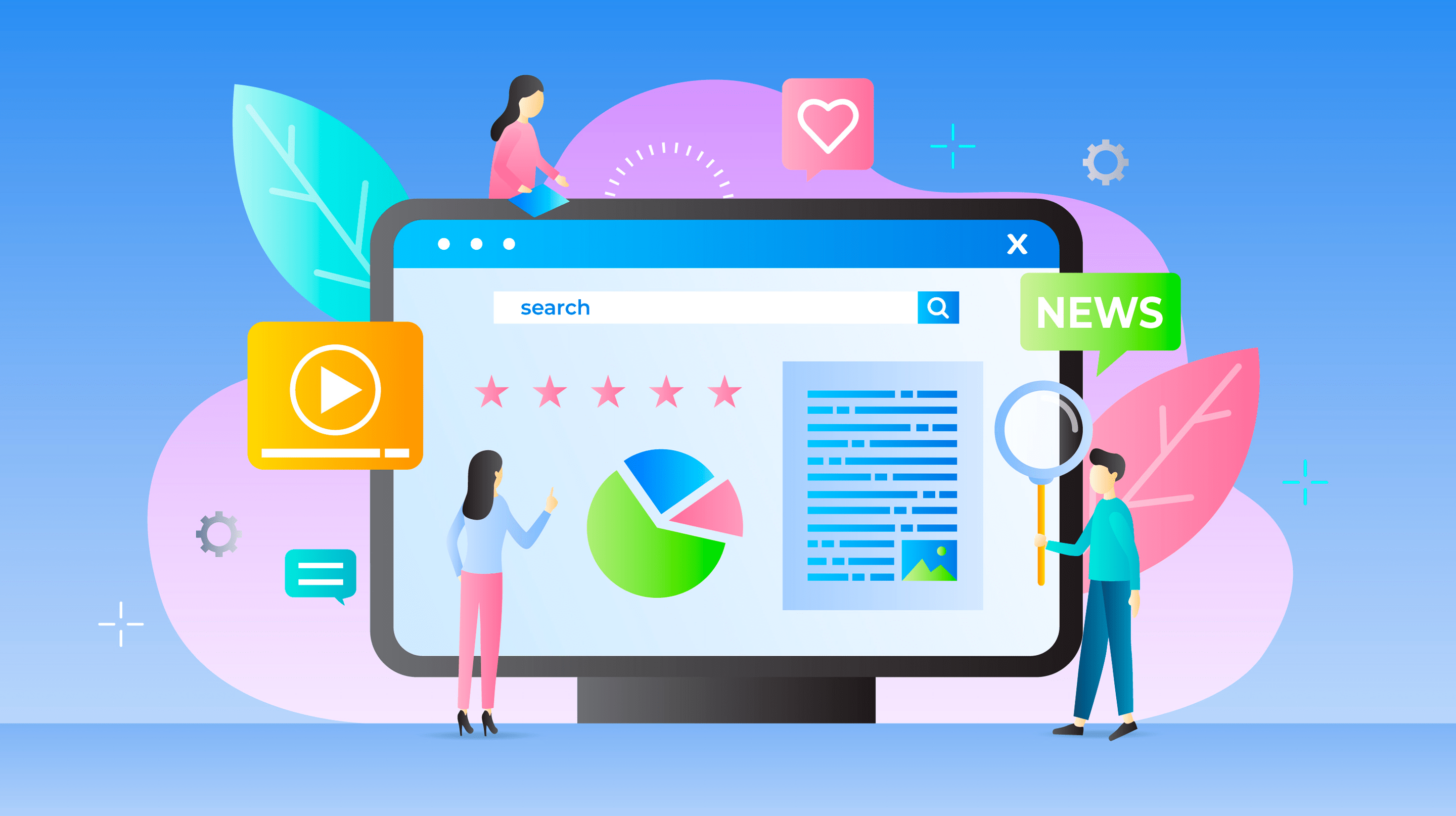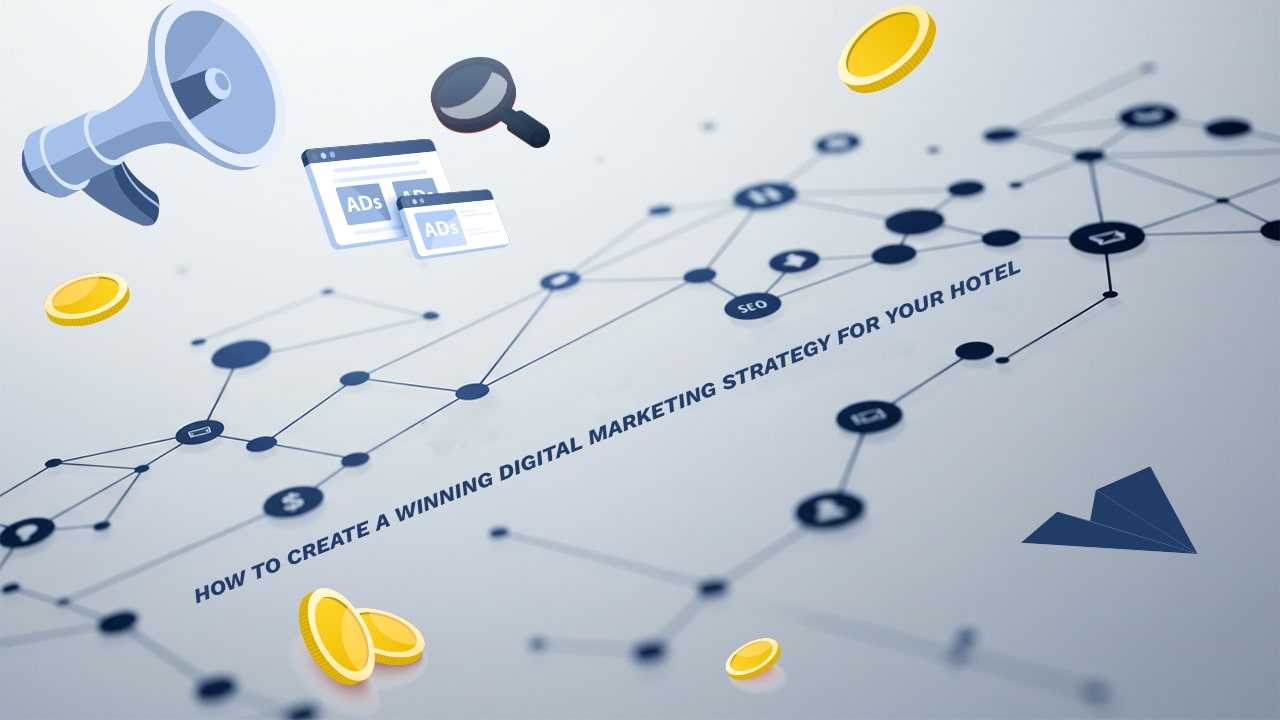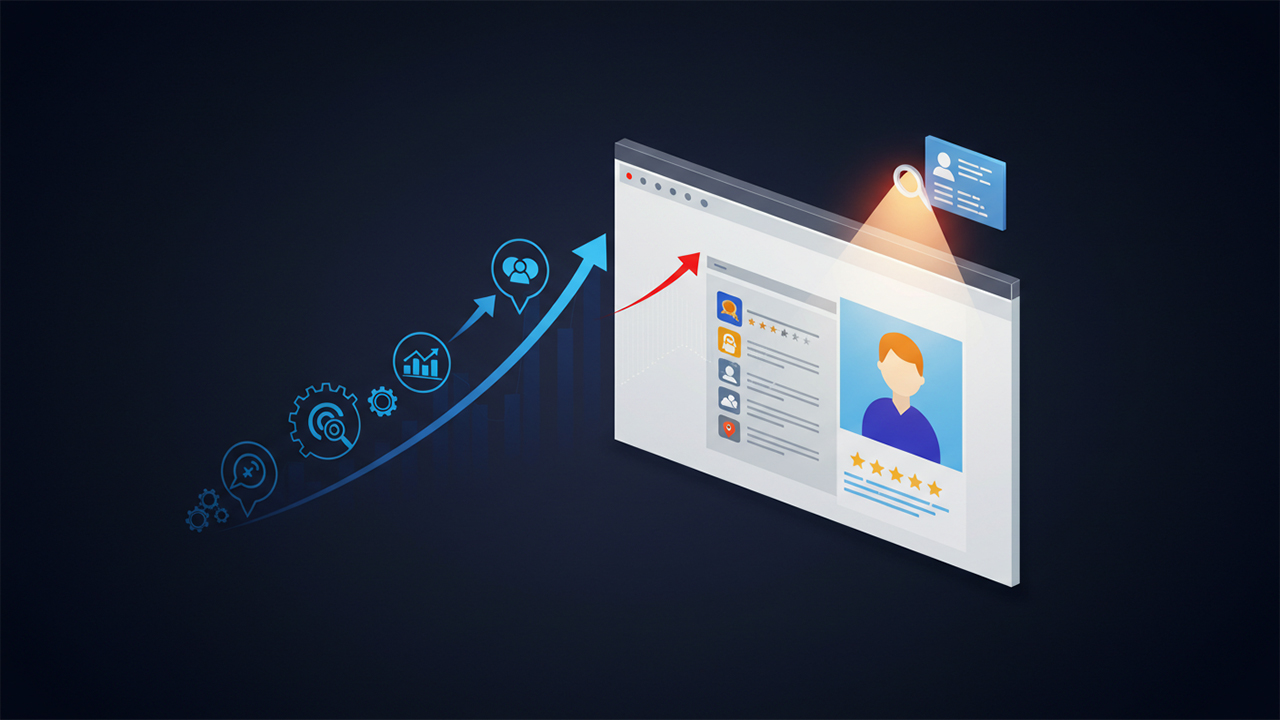In today’s digital world, your website is more than just an online presence—it’s the beating heart of your brand’s marketing strategy. With customers increasingly using the internet as their primary source of information, your website becomes the first place people look when they want to learn about your business. This single platform allows you to shape perceptions, engage audiences, and drive meaningful interactions. Let’s explore in depth why your website is your most powerful marketing tool and how it can transform your business.
Making a Lasting First Impression
For many customers, the first interaction they have with your brand is through your website. Just like in real life, first impressions are crucial. A website that looks professional, has easy navigation, and is visually engaging can establish immediate trust and credibility. When a visitor lands on your homepage, the quality of your design, the clarity of your messaging, and even the colors and fonts you choose all contribute to how they perceive your brand. A positive first impression can make the difference between a visitor staying to learn more about your offerings or clicking away to find a competitor.
24/7 Availability and Global Reach

Unlike traditional marketing methods that may be limited by time zones, business hours, or physical locations, your website is accessible 24/7, 365 days a year. This means that anyone, anywhere in the world, can learn about your products or services whenever they need to. Whether it’s midnight in one country or morning in another, your website is always ready to deliver information, offer solutions, and guide potential customers. This round-the-clock availability is an invaluable aspect of digital marketing, as it ensures your brand’s presence is constant, even when your business is closed for the day.
Complete Control Over Branding and Messaging
Your website gives you complete control over how you present your brand to the world. You can decide everything from your color palette and typography to the tone of voice in your content. This is crucial for conveying your unique brand identity and differentiating yourself from competitors. On social media or third-party platforms, you are often limited by their guidelines, but on your own site, the rules are yours to make. Your website can become a seamless expression of your brand’s values, mission, and personality, creating an environment where visitors understand exactly who you are and what you stand for.
Harnessing SEO to Drive Organic Traffic

One of the most powerful aspects of having a website is the ability to optimize it for search engines (SEO). Through SEO best practices, you can position your website to appear in search results when people look for services or products similar to yours. This is a huge advantage because it allows you to attract highly relevant traffic—people who are already interested in what you offer. Unlike paid ads, SEO can bring continuous traffic as long as your content remains optimized. The higher your website ranks in search engines, the more potential customers you will attract, giving you a consistent stream of valuable leads.
A Central Hub for Content Marketing
Your website serves as a central hub where all your content marketing efforts converge. Whether it’s blog posts, product videos, case studies, or testimonials, your website can house a variety of content types, each designed to attract, educate, and convert visitors. With content marketing, you provide valuable information that resonates with your target audience, establishing your brand as an industry leader. By offering relevant, high-quality content on your website, you build trust, encourage engagement, and give people a reason to return, which can ultimately lead to higher conversions and brand loyalty.
Data Insights for Smarter Marketing Decisions
One of the greatest advantages of having a website is the ability to track and analyze visitor data. Tools like Google Analytics give you insights into who your visitors are, where they come from, what pages they visit, and how long they stay. This data provides a roadmap for understanding your audience better and allows you to make data-driven marketing decisions. For instance, if you notice that a specific blog post or landing page is particularly popular, you can create similar content to engage more visitors. Or, if you see a high bounce rate on a page, you can adjust the content to better capture visitor attention.
Optimizing for Lead Generation and Conversions
A well-structured website is also a powerful tool for lead generation. By incorporating forms, strategically placed calls-to-action, and dedicated landing pages, you can capture valuable information about visitors and follow up with them. Whether it’s a simple “Subscribe to our newsletter” form or a more complex sales funnel, your website is where casual visitors can transition into qualified leads. As you optimize these elements, you create more opportunities for conversions, turning website visitors into paying customers or loyal subscribers.
Amplifying Reach Through Social Media Integration

Social media platforms are great for brand visibility and customer interaction, but they work even better when integrated with your website. Your website can host shareable content, like blog posts or videos, that visitors can easily share on their social networks. Every share not only extends your reach but also drives traffic back to your site, where visitors can learn more about your brand and offerings. This integration between social media and your website amplifies your marketing efforts, creating a cycle of engagement that continually feeds new visitors into your digital ecosystem.
Offering Valuable Customer Support and Resources
Your website can serve as a self-service resource center for customers who need support or have questions about your products or services. By including a well-organized FAQ section, troubleshooting guides, and easy access to customer support, you make it easier for customers to find the answers they need quickly. This not only improves the customer experience but also reduces the need for one-on-one support, which can save time and resources. When customers feel that they can rely on your website to provide helpful information, it strengthens their trust and satisfaction with your brand.
Building Credibility and Professionalism
A well-designed, regularly updated website signals to visitors that your business is legitimate and professional. It demonstrates that you’re committed to providing an excellent experience and are invested in keeping your brand’s image polished and up-to-date. Adding elements like customer testimonials, industry certifications, or showcasing partnerships further builds credibility. Visitors are more likely to trust and choose a business that appears established, professional, and customer-focused.
In conclusion, a website is more than just a place to host information about your business—it’s a dynamic marketing tool that can elevate your brand, drive meaningful connections, and support growth on multiple levels. By investing time and resources into developing an optimized, user-friendly website, you’re setting up your business for long-term success in the digital age. When leveraged correctly, your website can be the foundation upon which all other marketing efforts are built, creating a cohesive and impactful brand experience for every visitor.

 Telegram
Telegram Whatsapp
Whatsapp Messenger
Messenger

















